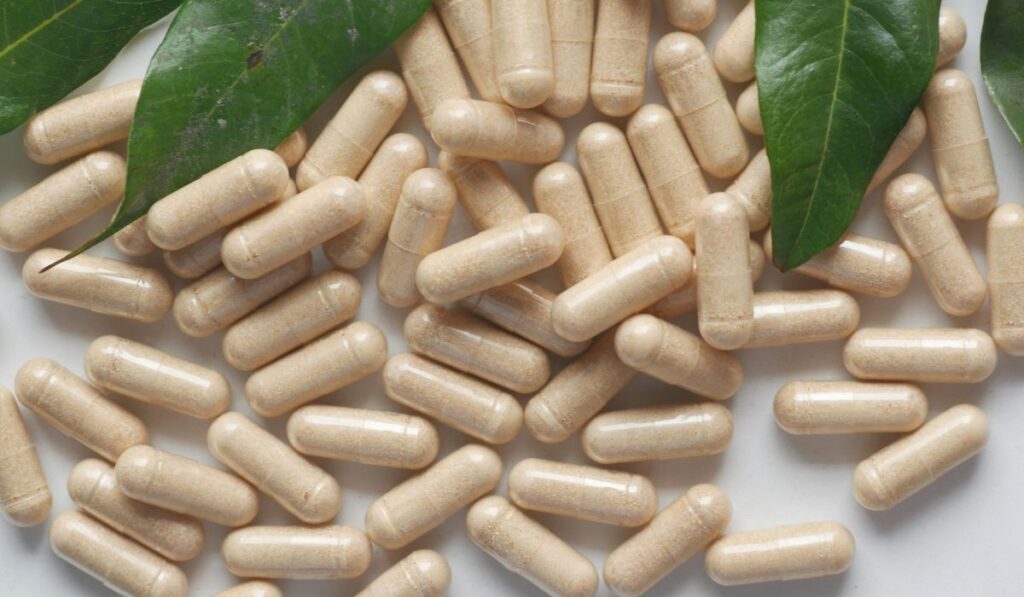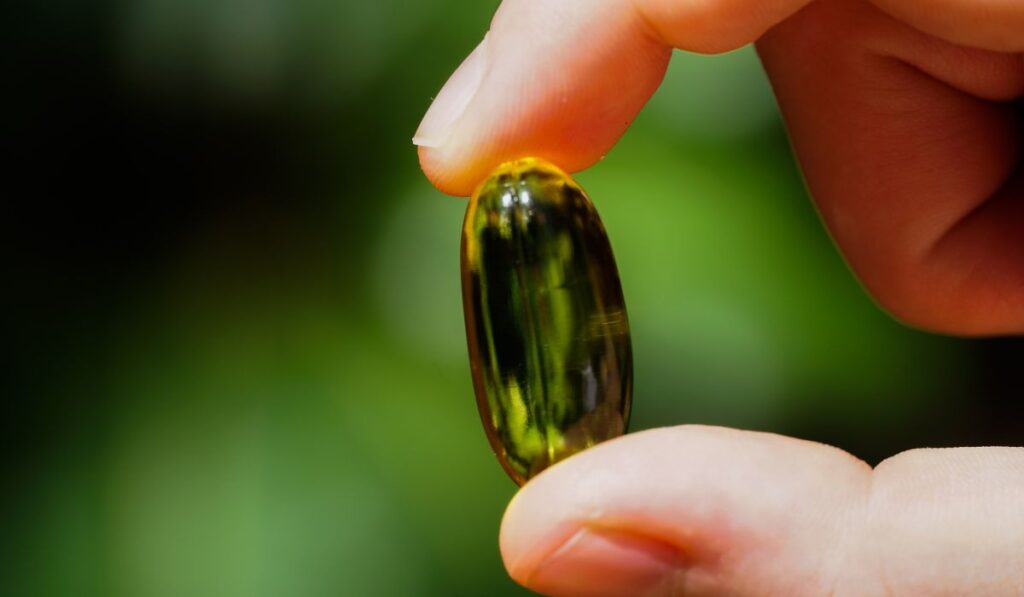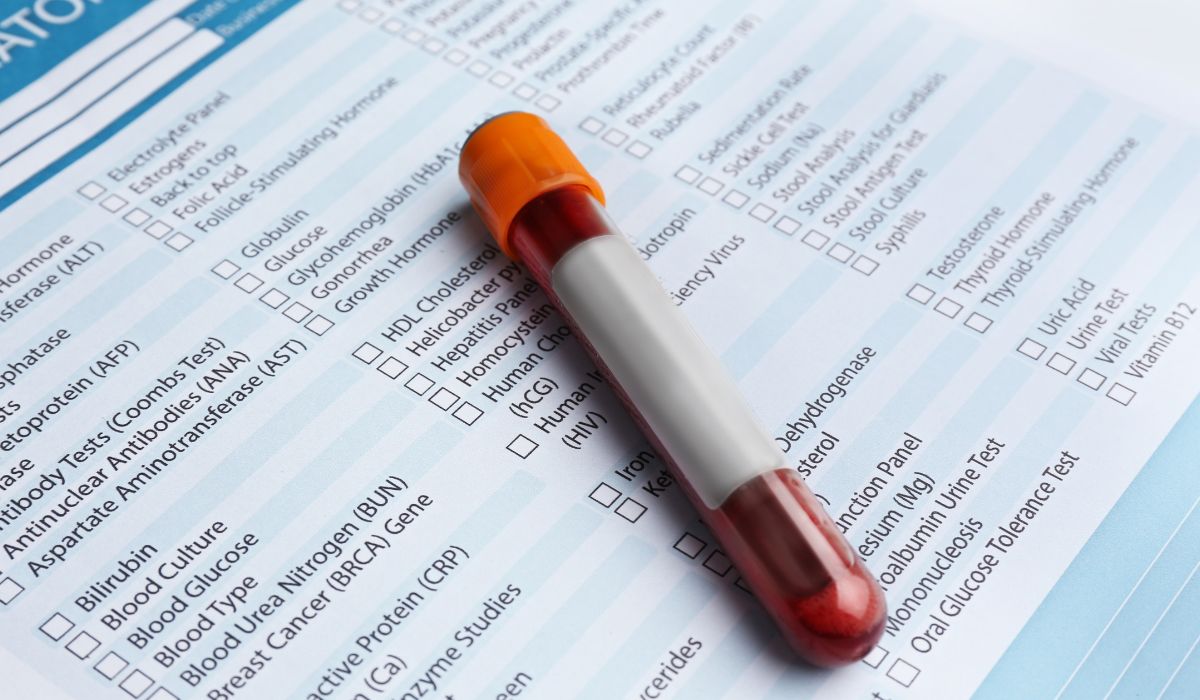Does Kratom Show Up On A 12 Panel Test?

What Is Kratom?
Kratom is a tree from Southeast Asia, mostly Indonesia. Its leaves are used as tea, powder, or capsule. The plant is called mitragyna speciosa, and it has an active ingredient named mitragynine. This alkaloid works like an opioid in the body.
Some people take kratom to manage pain, feel euphoria, or improve alertness and productivity. Others may use it to help with substance abuse, like opioid addiction or alcohol problems.
What Is a 12 Panel Drug Test?
A 12 panel drug test checks for 12 different drugs or medications. This can include:
- Opioids like oxycodone and morphine
- Amphetamines like adderall
- Benzodiazepine
- Barbiturate
- Phencyclidine (PCP)
- Cannabinoid (THC from marijuana)
- Methamphetamine
- Methadone
- Buprenorphine
- Cocaine
- Tramadol
- Methaqualone
Does Kratom Show Up on a 12 Panel Drug Test?
No, kratom does not usually show up on a standard 12 panel drug test.
Most 12 panel tests are not made to look for mitragynine or other kratom metabolites. That means if you only took kratom, your test may come back negative. But that doesn’t mean you’re in the clear.

How Can Kratom Be Detected?
Even though a 12 panel test doesn’t test for kratom, there are other ways to detect it:
1. Urine Test
A special urine test can look for kratom’s metabolite. These tests are usually done in laboratories using tools like chromatography or mass spectrometry. They can find kratom in your urine for 5 to 7 days, depending on your metabolism and dose.
2. Blood Test
A blood test may show kratom for a few hours to a day. Blood tests are less common and more expensive. They are mostly used in hospitals or for research.
3. Saliva Testing
Saliva testing is not very reliable for kratom. Kratom doesn’t stay long in your saliva, so this test may not work well.
4. Hair Follicle Test
A hair test can show drug use for up to 90 days. But finding kratom in hair is rare unless it’s a special test.
Why Do People Worry About Kratom on Drug Tests?
Some people worry that kratom might show up as an opioid, stimulant, or narcotic on a test. But kratom is not one of the drugs listed in most 12 panel tests.
Still, if a lab is doing a deep investigation, or if a law requires a full drug screening, kratom might be found.
Is Kratom a Controlled Substance?
In the U.S., kratom is not yet a controlled substance under the Controlled Substances Act. But the Drug Enforcement Administration (DEA) and Food and Drug Administration (FDA) are watching it closely.
Some states and cities have banned kratom. If you’re in a treatment program, outpatient program, or on probation, using kratom could be risky even if it’s legal where you live.
How Kratom Affects the Body
Kratom can affect your:
- Brain
- Liver
- Gastrointestinal tract
- Mood
- Appetite
- Sleep
Depending on the frequency and dose, people may feel:
- Euphoria
- Fatigue
- Sedation
- Constipation
- Nausea
- Vomiting
- Irritation
- Insomnia
- Diarrhea
Some people even experience anxiety, major depressive disorder, or psychosis with long-term use.
Risks of Using Kratom
Even though kratom is natural, it can be dangerous:
- It can lead to addiction
- It may affect your mental health
- It may harm your liver
- It could interact with other medications
People with dual diagnosis (both mental health and substance abuse issues) should be very careful.
Is Kratom Safe for Pain or Anxiety?
Some people use kratom for pain management, anxiety, or attention deficit hyperactivity disorder (ADHD). But it’s not approved by the FDA as a medication or dietary supplement.
Doctors may recommend mental health treatment, such as dialectical behavior therapy, instead. These treatments are safer and don’t carry the same risk of relapse or addiction.
Can You Use Kratom While in Treatment?
If you’re in treatment programs for drugs or alcohol, using kratom could be seen as a relapse. It may go against your sobriety plan, and it could show up on a special drug test.
Always verify insurance and talk with your health care provider or community clinic before taking kratom. Some programs may test for it even if it’s not on the standard 12 panel test.
Can Kratom Interact With Other Drugs?
Yes. Kratom can mix badly with:
- Opioids
- Tramadol
- Fentanyl
- Alcohol
- Antidepressants
- Stimulants
Mixing kratom with other drugs can cause bad effects like:
- Trouble breathing
- Fast heartbeat
- High blood pressure
- Sedation or coma
Should I Be Honest About Kratom Use?
Yes, always be honest—especially with doctors, probation officers, or treatment programs. You may need to give consent to test for kratom if asked.
How Long Does Kratom Stay in Your System?
This depends on many things:
- Your metabolism
- How much fat you have
- How often you take it (frequency)
- The dose
- Your age and weight
- Other substances in your body
- Type of test used
What If I Get a False Positive?
Kratom doesn’t usually cause false positives for other drugs. But sometimes, labs make mistakes. If this happens, ask for a confirmation using mass spectrometry or chromatography.

FAQs
What is mitragynine?
Mitragynine is the main alkaloid in kratom. It acts like an opioid and can change how your brain feels pain or mood. It is found in the leaf of the mitragyna speciosa plant.
Can kratom be found in a regular urine test?
Not usually. A regular urine test like a 12 panel test doesn’t check for kratom. But special tests can find it if mitragynine or its metabolite is looked for.
Is kratom approved by the FDA?
No. The Food and Drug Administration has not approved kratom as a medication or dietary supplement. There are also concerns about safety and regulation.
Will kratom affect my health insurance?
Possibly. If you’re in a program that does urinalysis or detox, kratom use might affect insurance coverage or your ability to stay in certain treatment programs.
Can kratom be addictive?
Yes. Kratom can lead to addiction, especially if taken often or in high doses. Some people may need help through mental health treatment, outpatient programs, or detox.
Contact us today for more information.








